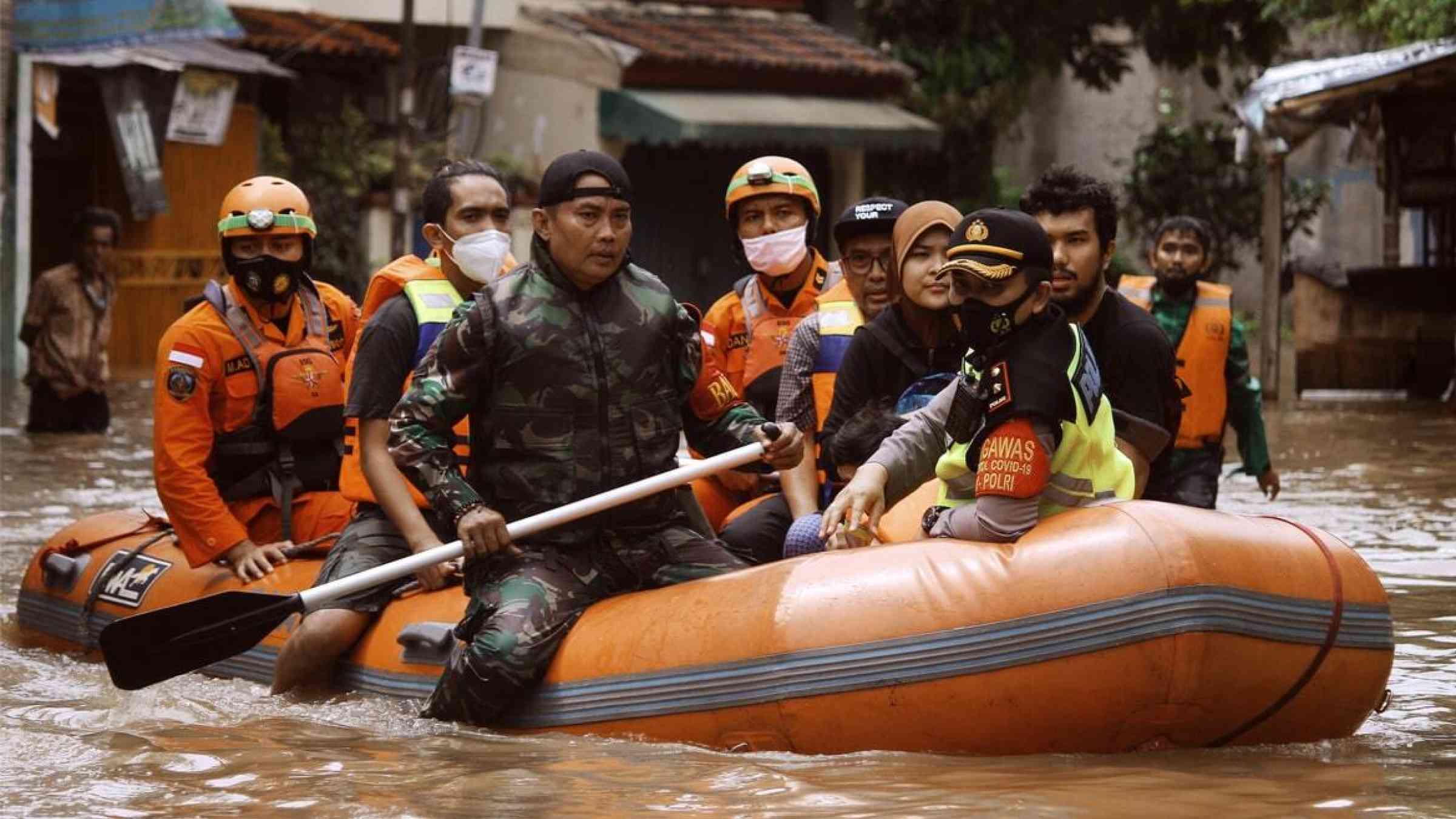Priorities, values, and relationships: a disaster studies accord

The Disaster Studies Manifesto: Power, Prestige and Forgotten Values called for a change in our approach to researching disasters in order to inspire and inform more respectful, reciprocal and genuine relationships and exchanges among researchers in disaster studies and linked fields. It is now time to transform this call into practice. This is the objective of this Accord.
An accord that is meant to recognise local realities, people’s priorities, diverse epistemologies/ways of knowing and indigenous worldviews/senses cannot be a rigid list of set principles that would apply anywhere in the world across extraordinarily diverse cultures and societies. The present Accord thus relies on a set of questions that we hope researcher from all disciplines will ask themselves and their partners ahead of conducting any studies on disasters. Each of these questions entails a reflective process where exploring ‘why’ is as essential as the answer itself. Because research is fluid and inherently dependent on the contingencies of life, these questions are also to be asked throughout our research endeavours. These questions should serve as constant reminders of our commitment to the principles of the Manifesto. We hope that the answers to these questions will be geared to benefiting in priority “local” people who deal with risk and disaster as well as “local” researchers. This is not to exclude “external” researchers or people, but roles should balance leadership, with accountability for everyone involved. This type of accountability can strengthen relationships while also enhancing the practice of research.
RADIX would like to invite you to give it a read and sign it if you wish to express your support. The names of all signatories will be added on the website.